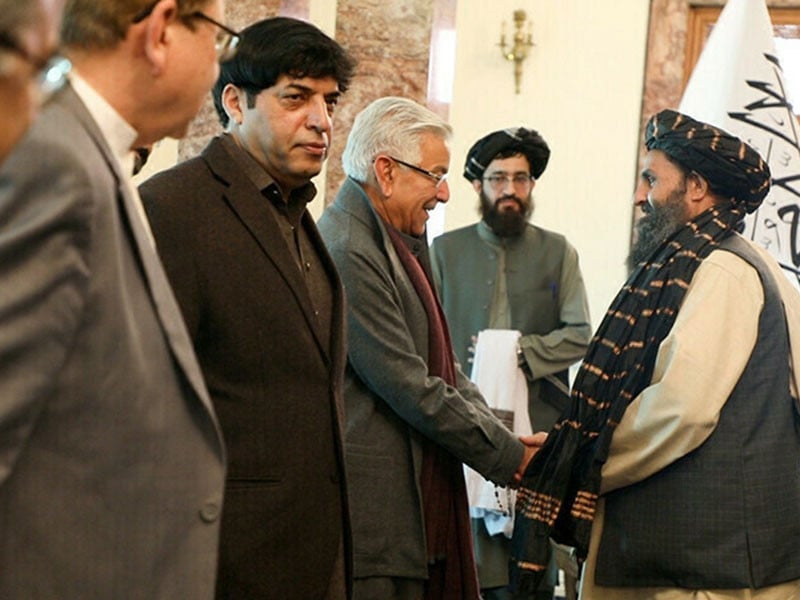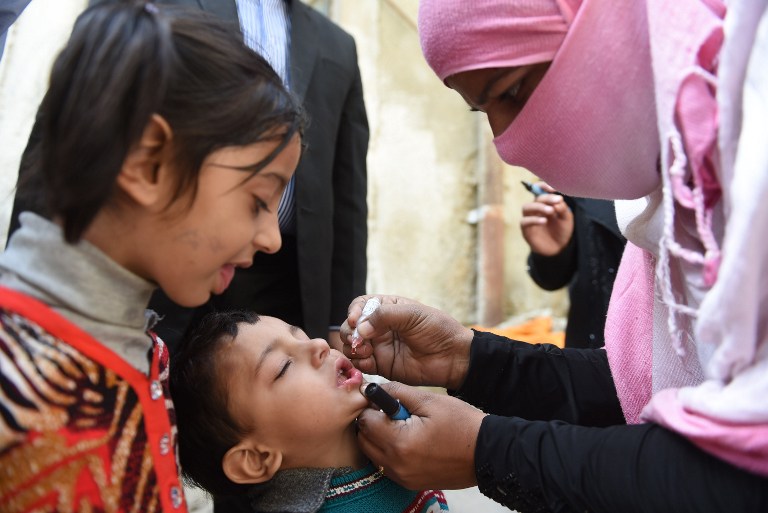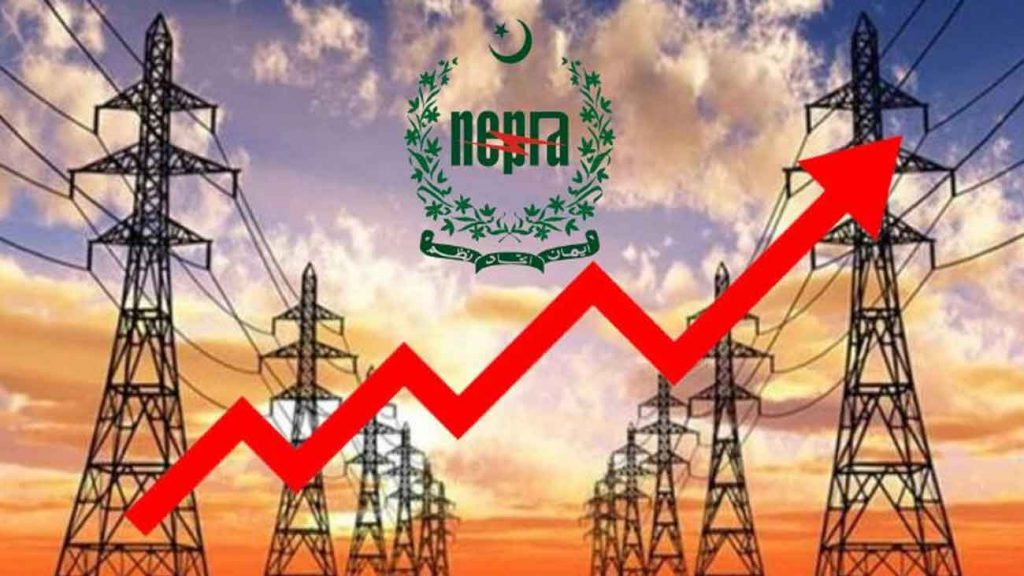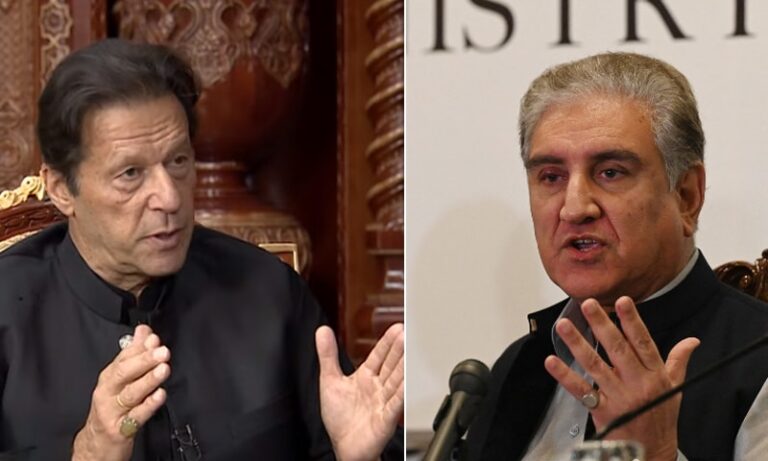Editorial
Free and fair elections are essential for a country to achieve and maintain political stability. Political stability refers to the degree of certainty and predictability in the political system, the legitimacy and effectiveness of the government, and the peaceful resolution of conflicts. Free and fair elections can contribute to political stability in several ways.
First, free and fair elections allow the people to choose their representatives and hold them accountable for their performance. This enhances the responsiveness and transparency of the government and reduces the chances of corruption, nepotism, and abuse of power. By giving the people a voice and a stake in the political process, free and fair elections can also increase the trust and confidence of the citizens in the government and the rule of law.
Second, free and fair elections provide a peaceful and legitimate way of transferring power from one government to another. This reduces the incentives and opportunities for violence, coups, or civil wars, which can destabilize the country and undermine its development. By respecting the will of the people and accepting the election results, the losing candidates and parties can demonstrate their commitment to democracy and national unity. Free and fair elections can also foster a culture of dialogue and compromise among different political actors and encourage the formation of coalitions and alliances that can broaden the representation and participation of diverse groups and interests.
Please subscribe to the monthly magazines of republicpolicy.com
Third, free and fair elections can promote the protection and promotion of human rights and fundamental freedoms, which are the basis of a democratic society. By ensuring that all citizens have equal and universal suffrage, freedom of expression, association, and assembly, and access to information and media, free and fair elections can empower the people to exercise their civil and political rights and to demand their economic, social, and cultural rights. Free and fair elections can also create a space for civil society and nongovernmental organizations to monitor and influence government policies and actions and to advocate for the rights and needs of marginalized and vulnerable groups.
Therefore, free and fair elections are vital for a country to achieve and maintain political stability, as they can enhance the quality and legitimacy of the government, prevent and resolve conflicts, and protect and promote human rights. However, free and fair elections are not sufficient by themselves to ensure political stability, as they also depend on other factors, such as the constitutional and legal framework, the electoral system and management, the political culture and institutions, the security and economic situation, and the regional and international environment. Accordingly, Pakistan should also ensure that the coming general elections are held transparently.
Please, subscribe to the YouTube channel of republicpolicy.com

















































